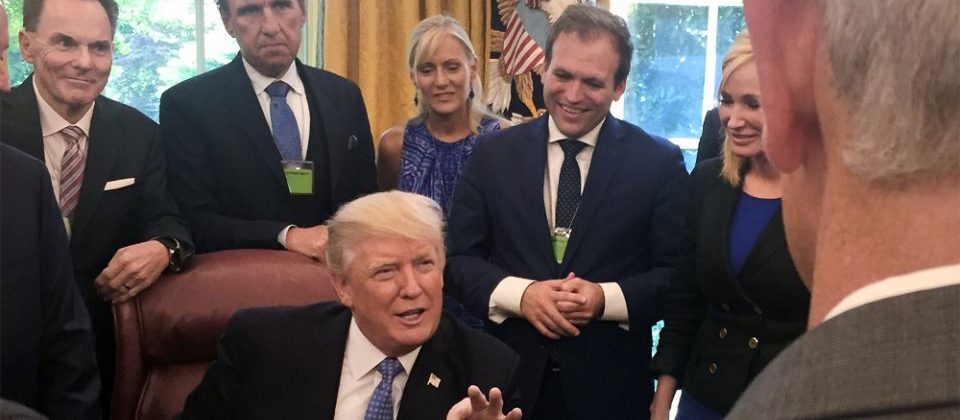

Of course they did. But now there is a study.
Here is Eric. W. Dolan at PsyPost:
New research sheds light on how people resolve inconsistencies between their own moral views and that of their preferred candidate. The findings, published in Political Psychology, suggest that U.S. voters on both sides of the political aisle tend to revise their perceptions of political leaders they support to align with their own moral beliefs.
The study, which examined the 2016 U.S. presidential election, also found that Republicans, but not Democrats, appeared to revise their own moral beliefs to reduce incongruities with Donald Trump.
“A lot of work in political science research shows how voters are often ‘followers,’ adjusting their views on issues to match the messages they get from their party’s leaders. We wanted to see if that pattern extended to moral beliefs as well, as morality is usually assumed to be more stable and thus exerting a causal influence on political preferences such as candidate choice,” explained study authors William Kidd and Joseph A. Vitriol.
You could see this assumption play out in the 2016 campaign, where both the media and the Clinton campaign treated Republican votes as ‘gettable’ due to differences between the typical Republican positions on moral issues and what positions Trump held. However, we expected voters would be motivated to resolve those differences in some way (either adjusting their own views or how they viewed the candidates) in order to justify their original decision of which candidate to support.”
The researchers analyzed data from a four-wave study of the 2016 presidential election by the Center for the Study of Political Psychology at the University of Minnesota, Twin Cities. The study recruited an initial sample of 3,557 U.S. citizens and surveyed their attitudes in July, September, October, and November 2016.
Read the rest here.
Read the entire study here.
Of course historians would also see a lot continuity between Republicans before Trump and after Trump. This is part of my argument in Believe Me: The Evangelical Road to Donald Trump.